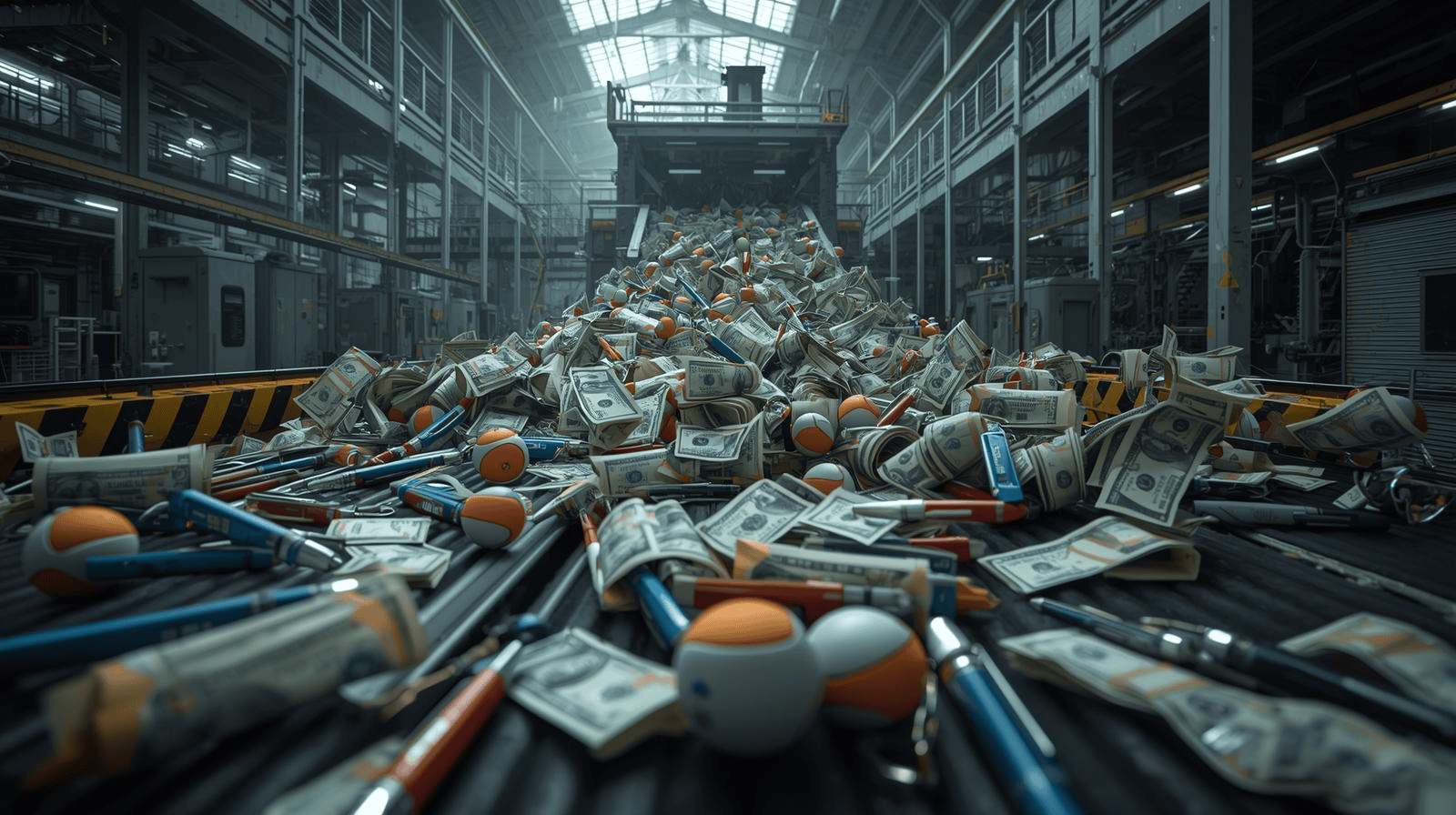
Most marketing executives think they're building their brand with merch.
They're actually destroying it.
Here's the uncomfortable truth: 89% of branded items get thrown away within six months. Your custom pens, stress balls, and logo t-shirts aren't creating brand loyalty…they're creating brand pollution.
And your clients are starting to notice.
The Branded Junk Scam
We've built an entire industry around convincing companies to buy garbage with logos on it.
Trade show booths stuffed with cheap fidget spinners. Conference bags filled with plastic water bottles nobody wants. "Employee appreciation" events where the gift is a t-shirt that screams "we spent $8 on you."
This isn't brand building. It's environmental vandalism with a marketing budget.
The dirty secret? Most promotional product companies make money selling you the cheapest possible items at the highest possible markup. They don't care if your audience throws it away…they already got paid.
Why Your Current Merch Strategy Is Broken
Problem 1: You're solving the wrong problemYou think the problem is "How do we get our logo in front of more people?" The real problem is "How do we prove we understand what matters to our audience?"
Spoiler: It's not your logo.
Problem 2: You're measuring the wrong thingYou count how many items you distributed. You should count how many are still being used six months later. That number will terrify you.
Problem 3: You're competing with AmazonYour branded notebook competes with every notebook on Amazon. Unless yours is genuinely better, you're asking people to downgrade their daily experience for your marketing convenience.
They won't.
The Five Questions That Expose Bad Merch
Before you order another batch of logo-covered anything, answer these questions:
1. Would you pay full retail for this item without the logo?
If the answer is no, you're asking your audience to accept inferior products as gifts. That's an insult disguised as marketing.
The startup that sent clients custom leather portfolios? Each one cost $85 but retail for $120 (without logos of course). That's confidence in your product choice.
2. Does this solve a problem your audience actually has?
Not a problem you invented to justify merch. A real problem they lose sleep over.
A law firm discovered their clients constantly struggled with disorganized case documents during meetings. They created custom document organizers with subtle branding. Most were still being used after one year.
Compare that to branded stress balls gathering dust in desk drawers.
3. Will this item make them look good in front of their colleagues?
Most branded merch does the opposite. It signals "I got free stuff at a conference" instead of "I work with companies that understand quality."
An agency sent prospects premium notebooks with their project insights already printed inside…customized for each recipient. Recipients started bringing them to client meetings as conversation starters.
4. What does the quality say about your standards?
Every cheap pen with your logo tells the world: "This company cuts corners." Every flimsy tote bag says: "We prioritize our budget over your experience."
You can't build a premium brand with discount merch.
5. Are you proud to put your name on this?
Really proud. Not "it's fine for the price" proud. Actually proud.
If you're making excuses for the quality, your audience will make excuses for not working with you.
Stop Playing the Merch Game
The Consulting Firm That Said No to SwagInstead of conference giveaways, they invested in a single high-quality item for serious prospects: custom-bound books of their best insights, professionally printed. Cost per item: $45. Conversion rate: 35% higher than their previous approach.
The Law Firm That Eliminated Employee GiftsThey stopped buying branded items for staff appreciation events. Instead, they gave employees stipends to buy what they actually wanted. The branded polo shirt budget became actual bonuses.
The Startup That Weaponized MinimalismThey sent investors a single item: an elegant card holder with a note about "holding onto what matters." No logo. Just exceptional quality and a subtle message. Three VCs asked who made them. That's brand power.
The Real Cost of Bad Merch
You're not just wasting money on items nobody wants. You're training your audience to expect mediocrity from your brand.
Every cheap giveaway reinforces the message: "We're the kind of company that thinks you'll be impressed by a $3 stress ball."
Every generic item says: "We didn't care enough to understand what you actually need."
Every logo-covered product screams: "This is about us, not you."
The Uncomfortable Solution
Stop making branded merch for six months.
Seriously. Cancel the next order. Skip the trade show giveaways. Tell your team no more logo items until you can answer all five questions with confidence.
Use that budget to understand your audience better. Survey them. Interview them. Figure out what they actually struggle with.
Then make one thing. Make it exceptional. Make it useful. Make it so good people would buy it without your logo.
Bottom Line
The branded merch industry exists because companies prefer easy solutions to effective ones.
Buying a thousand logo pens feels like marketing. Understanding your audience well enough to create something they'll treasure? That's hard work.
But here's what promo companies won't tell you: One perfect item that someone uses daily for two years builds more brand equity than a thousand disposable giveaways.
Your choice: Keep feeding the industrial complex, or start building relationships one meaningful item at a time.
Think your merch strategy is different? Prove it. Send us your last three branded items. We'll tell you which ones are still being used and why the others failed. [Challenge us here].
Also...take a look at my Substack. Would appreciate a follow/subscribe. If you haven't checked out the platform...do it now. You won't regret it!

